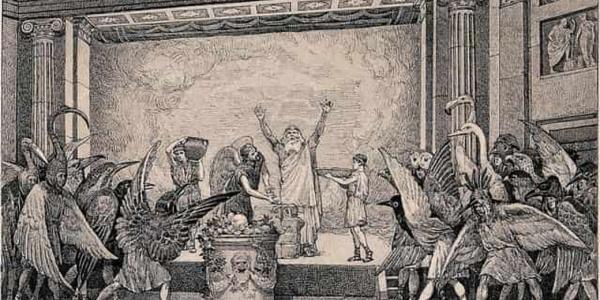Enter Homo Oeconomicus: Civic Motivation and Civic Education in Aristophanic Comedy
Aristophanes systematically presents the payments instituted by the democratic polis of Athens for the performance of civic obligations as the primary motivational factor for everyday citizens when participating in judge-panels or the Assembly. Some scholars have considered this negative portrayal proof of the playwright’s conservatism. We see this criticism in a new light, however, if we consider that since the 1980’s, social psychologists, behavioral economists, and political scientists have documented extensively the negative impact of incentives on civic behavior, observing that they prompt citizens to adopt a market mentality that undermines prosocial preferences such as reciprocity and altruism. In his Knights, Wasps, and Assemblywomen, Aristophanes dramatizes exactly these harmful effects of incentives on Athenian democracy, showing how they changed the civic behavior of Athenians from one informed by altruism to one informed by calculations of individual utility. The three plays also offer visions of a better democracy, where altruism is the primary factor of civic motivation. In view of that, Aristophanic comedy emerges not only as an indispensable source for our understanding of the political reality of Athenian democracy but also as an insightful means of democratic civic education.

